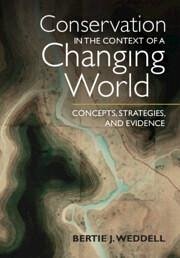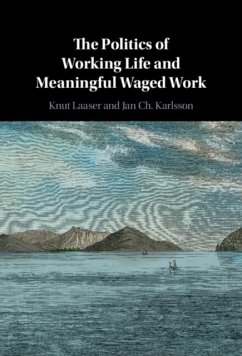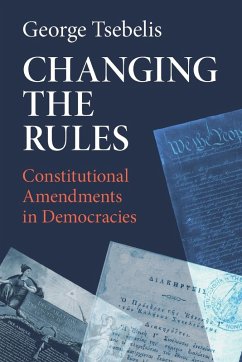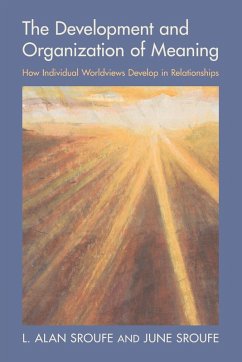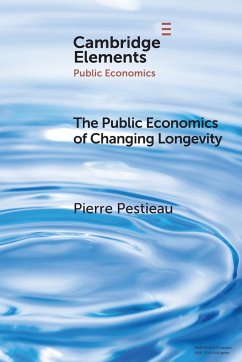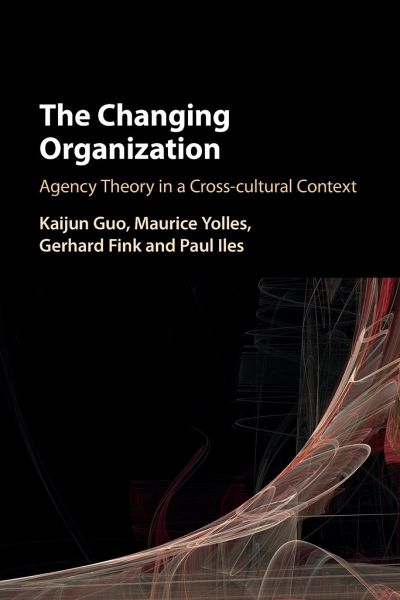
The Changing Organization
Versandkostenfrei!
Versandfertig in 1-2 Wochen
51,99 €
inkl. MwSt.
Weitere Ausgaben:

PAYBACK Punkte
26 °P sammeln!
The book is designed for academics and graduate students in organization theory, social theory, cybernetics, cross-cultural theory and systems theory. It examines social collectives and organisation culture, presenting a theoretical framework capable of improving our understanding and anticipation of its patterns of behaviour.






